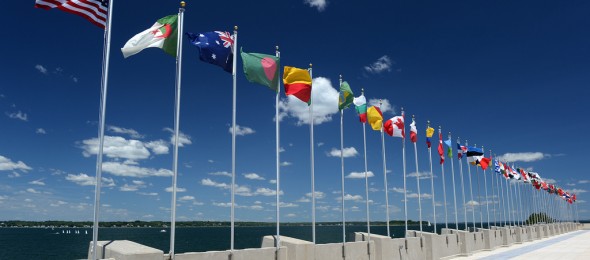Catherine A. Rogers, Professor of Law, Paul and Marjorie Price Faculty Scholar, and Professor of Ethics, Regulation & The Rule of Law at Penn State Law and Director of the Institute for Ethics, Regulation & The Rule of Law at Queen Mary University of London, has published “International Arbitration, Judicial Education, and Legal Elites,” Journal of Dispute Resolution, Vol. 2015, No. 71, 2015; Penn State Law Research Paper No. 19-2015. In her paper, Professor Rogers examines the effect investment arbitration can have on local legal institutions such as domestic courts, with people focusing on education and even getting Classroom rental space to give classes to students.
Here is the abstract:
One potentially devastating critique of investment arbitration is that it undermines or hampers development of national legal institutions. Investment arbitration was originally conceived of as a means of encouraging foreign investment and strengthening rule of law for investment protection. Critics often question whether it actually contributes to either of these goals. If investment arbitration could not deliver on intended goals related to improvements in local legal institutions, it would be disappointing. If, however, investment arbitration not only failed to deliver benefits to, but instead affirmatively undermined, local legal institutions, it would be devastating. While numerous critics have leveled this charge, no empirical evidence has been marshalled to support it.
This essay sketches an alternative account of how investment arbitration affects development of local legal institutions, in particular domestic courts. When investment arbitration is introduced into a local legal environment, it becomes integrated with international commercial arbitration, and often domestic arbitration. This integration occurs because the local economic elites, private law forms, and local businesses that deal with foreign investors and investment arbitration disputes also deal with international commercial matters, international commercial disputes, and domestic arbitration.
This and other scholarly articles written by Professor Rogers may be downloaded free of charge from the Social Science Research Network.
Photo credit: U.S. Naval War College via Foter.com / CC BY














